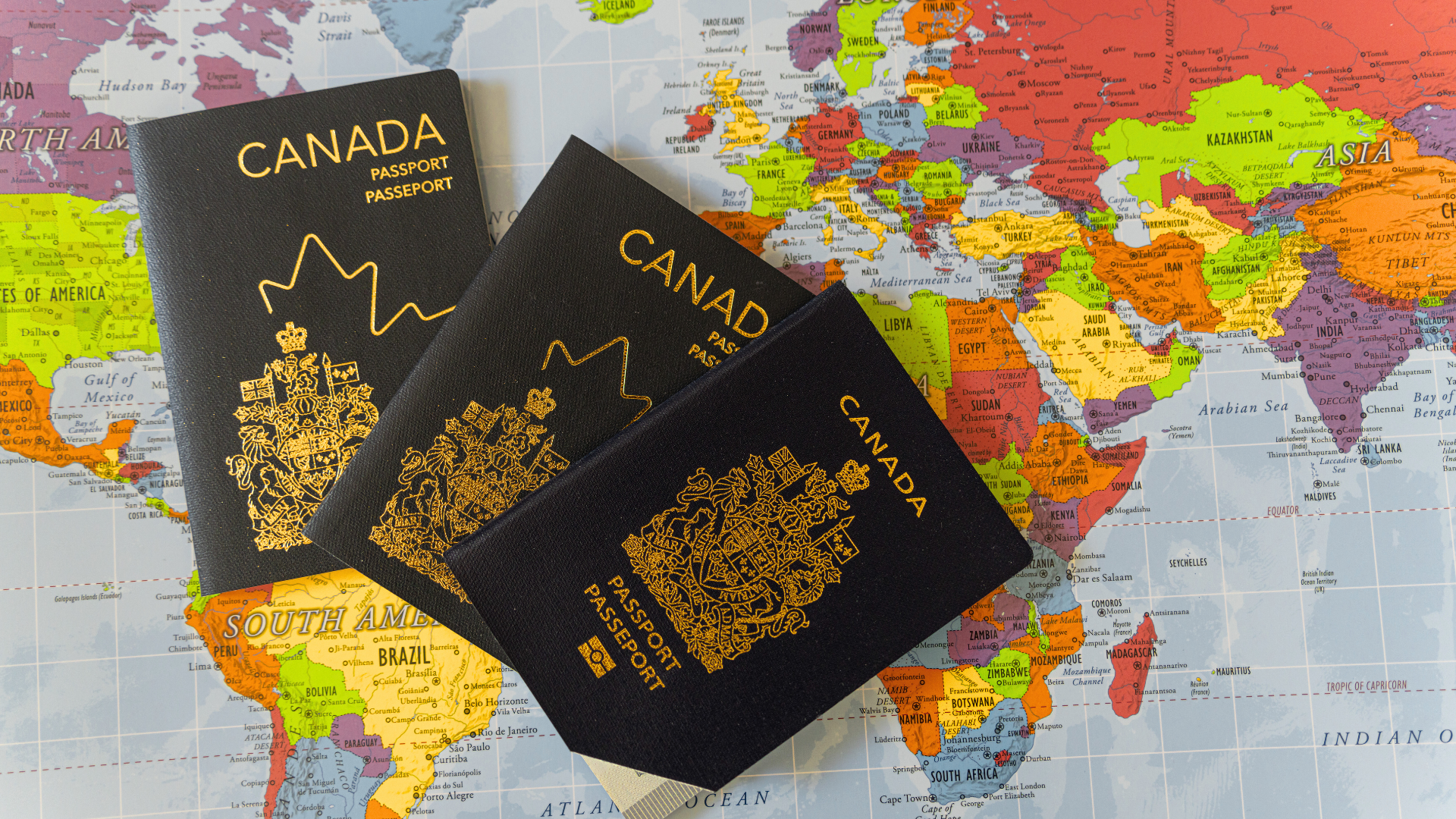What Does an Immigration Representative Do?

When applying for immigration to Canada, you have the
choice to handle your application on your own or seek the assistance of an
immigration representative. But why might someone choose to use a
representative, and what exactly do they do?
This blog breaks down the role of immigration
representatives and how they can assist you in your immigration journey.
What Does an Immigration Representative Do?
Immigration representatives offer various services tailored
to your needs. Their primary responsibilities include:
- Providing
Expert Advice: They help you understand complex
immigration rules and offer guidance on the best pathways based on your
goals.
- Identifying
Suitable Programs: With numerous immigration programs
available, representatives can help you pick the one that matches your
profile and objectives.
- Preparing
Your Application: They handle the completion and
submission of forms and documents, ensuring accuracy and compliance.
- Communicating
with the Government: Representatives act as a liaison,
responding to queries and providing updates on your behalf.
- Representation
in Hearings: If needed, they can represent you during
hearings or legal proceedings related to your application.
It’s essential to understand the scope of services a
representative offers before hiring one. Make sure to clarify what they’ll do
and what responsibilities you’ll retain.
Do Representatives Improve Your Chances of
Success?
Using a representative does not guarantee better chances of
approval. Submitting the same application on your own versus with a
representative will not change the outcome if both applications are identical.
However, representatives add value by:
- Helping
you select the right immigration program quickly and efficiently.
- Reducing
errors that could lead to delays or refusals.
- Simplifying
the application process for you.
- Providing
support to address unforeseen issues during the process.
While representatives don’t have special influence over
immigration decisions, their expertise can streamline the process and minimize
risks.
Paid vs. Unpaid Representatives
There are two types of immigration representatives:
- Paid
Representatives:
- Must
be authorized and licensed by the government.
- Includes
professionals like Regulated Canadian Immigration Consultants (RCICs),
lawyers, and notaries.
- Unpaid
Representatives:
- Can
be anyone, such as a family member or friend.
- They
provide help for free and do not need a license.
Important: Whether paid or
unpaid, you must declare the use of a representative in your application.
Failing to do so may result in your application being refused.
The Real Value of Immigration Representatives
While many associate representatives with filling out
forms, their most significant value lies in the personalized advice they
provide.
A reputable immigration representative can:
- Help
you understand which program aligns best with your situation.
- Offer
strategies to maximize your chances of success.
- Identify
potential issues and proactively address them before submission.
By leveraging their expertise, representatives make the
process more efficient and reduce the likelihood of mistakes or refusals.
Conclusion
Choosing to use an immigration representative is a personal
decision based on your comfort level with the application process. While they
don’t guarantee success, they can simplify your journey and provide peace of
mind through expert guidance and support.






